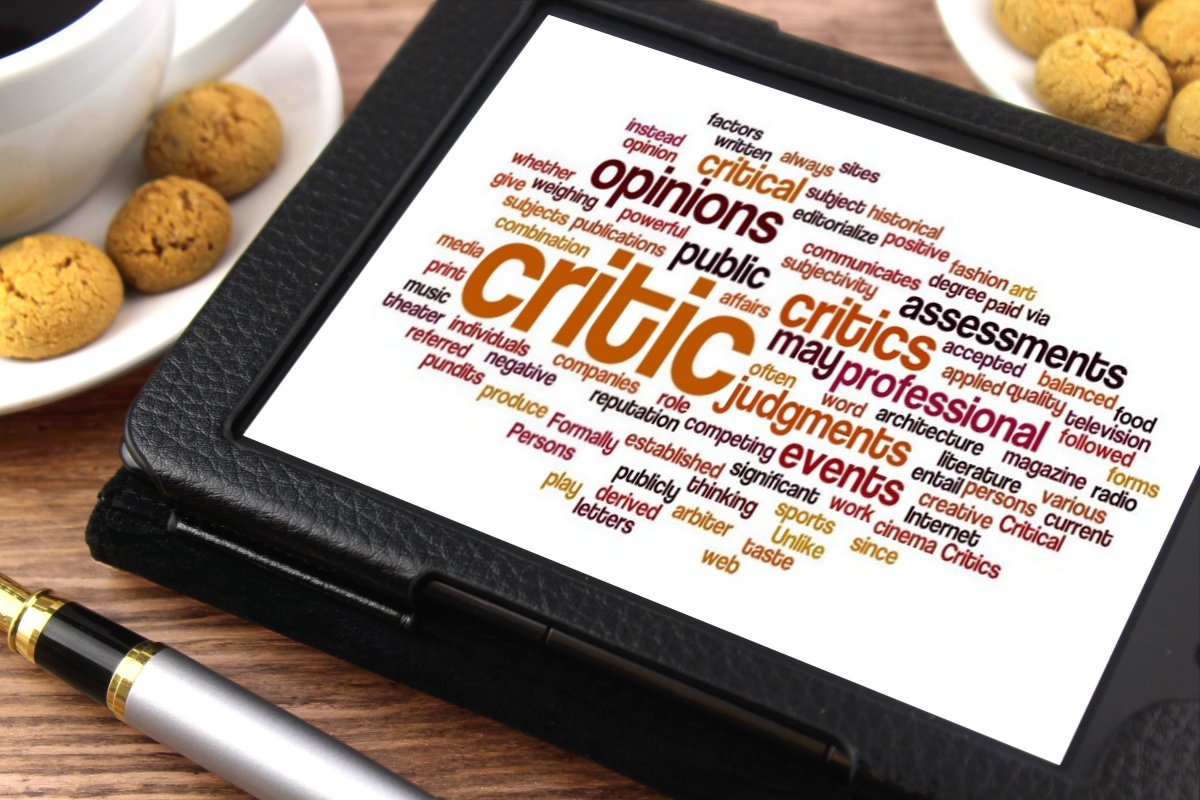In a world increasingly inundated with technology and convenience, it’s easy to recognize the allure of audiobooks. They enable multitasking, turning everyday tasks into reading time; help readers speed through chapters, making the reading experience feel effortless; and increase engagement by using narration and voice. However, hidden behind these perceivable advantages lies the truth: reading offers benefits that audiobooks cannot replicate. Reading physical books demands focus, enhances memory, and helps us employ comprehension skills and imagination, which audiobooks do not.
It is a known fact that reading demands our undivided attention; however taxing this is, it is also the reason why reading helps us improve our memory and focus. In a study done by Trish L Varao Sousa, a PhD student in Cognitive Science at the University of British Columbia, she found that “within [her] silent reading and listening encounter [she] observed negative relations between mind wandering and both memory performance and interest in the material, replicating previous findings.” Additionally, due to the fact that memorization and recalling information is an integral characteristic of our brains, reading can play a significant role in developing our memory and focus.
Another way that reading trumps audiobooks is through its impact on comprehension. When listening to an audiobook, you are able to move extremely quickly through a story. With narrators keeping a relatively steady pace, as well as the ability to increase the speed, it is easy to get caught up in the efficiency of auditory texts. However, this quick pace doesn’t necessarily mean you are understanding everything you hear. In fact, you are more likely to comprehend less when listening to audiobooks. “About 10 to 15% of eye movements during reading are actually regressive—meaning [the eyes are] going back and re-checking,” Daniel Willingham, a professor of psychology at the University of Virginia, said. This phenomenon of rereading previous text is a key example of how reading stimulates comprehension. When you subconsciously reread a sentence, you are giving yourself an opportunity to better understand it. When you are listening to an audiobook, especially at a fast pace, this opportunity becomes much more of a hassle, meaning that one is less likely to comprehend auditory information as fully as text. Printed books also hold an edge over audiobooks due to their unparalleled ability to ignite imagination. When listening to an audiobook, you’re subjected to the narrator’s interpretation, be it through inflections, accents, or intonations. While this enriches the auditory experience, it also impedes the ability to form a unique perspective on the story. Reading independently allows for self-reliance and the capacity to foster original thoughts, which increases comprehension.
Finally, printed books hold an edge over audiobooks due to their unparalleled ability to ignite imagination. Think back to the narrator of your favorite audiobook. Maybe they speak with certain voices or accents, pronounce certain words differently or put precise inflections on them. No matter what they do, when you listen to them, you listen to their version of a story. And while this does offer a positive experience, it also takes away the huge benefit of being able to make your own unique interpretation of a story. When you listen to an audiobook, your version of the characters, settings, and dialogue, are all impacted by the narrator’s voice. And while it can be enthralling to listen to the entertaining version, it strips you of your ability to raise original ideas. When reading a book independently, you are able to be more self-reliant and to see the story from solely your point of view.
In a tech-driven world, audiobooks may seem like a gateway into the future, yet this does not mean that we should leave print in the past. The act of physically reading and that of listening are not mutually exclusive. Combining both techniques can offer the best of both worlds: audiobooks for convenience, and print for enriching cognitive abilities.













































































































































